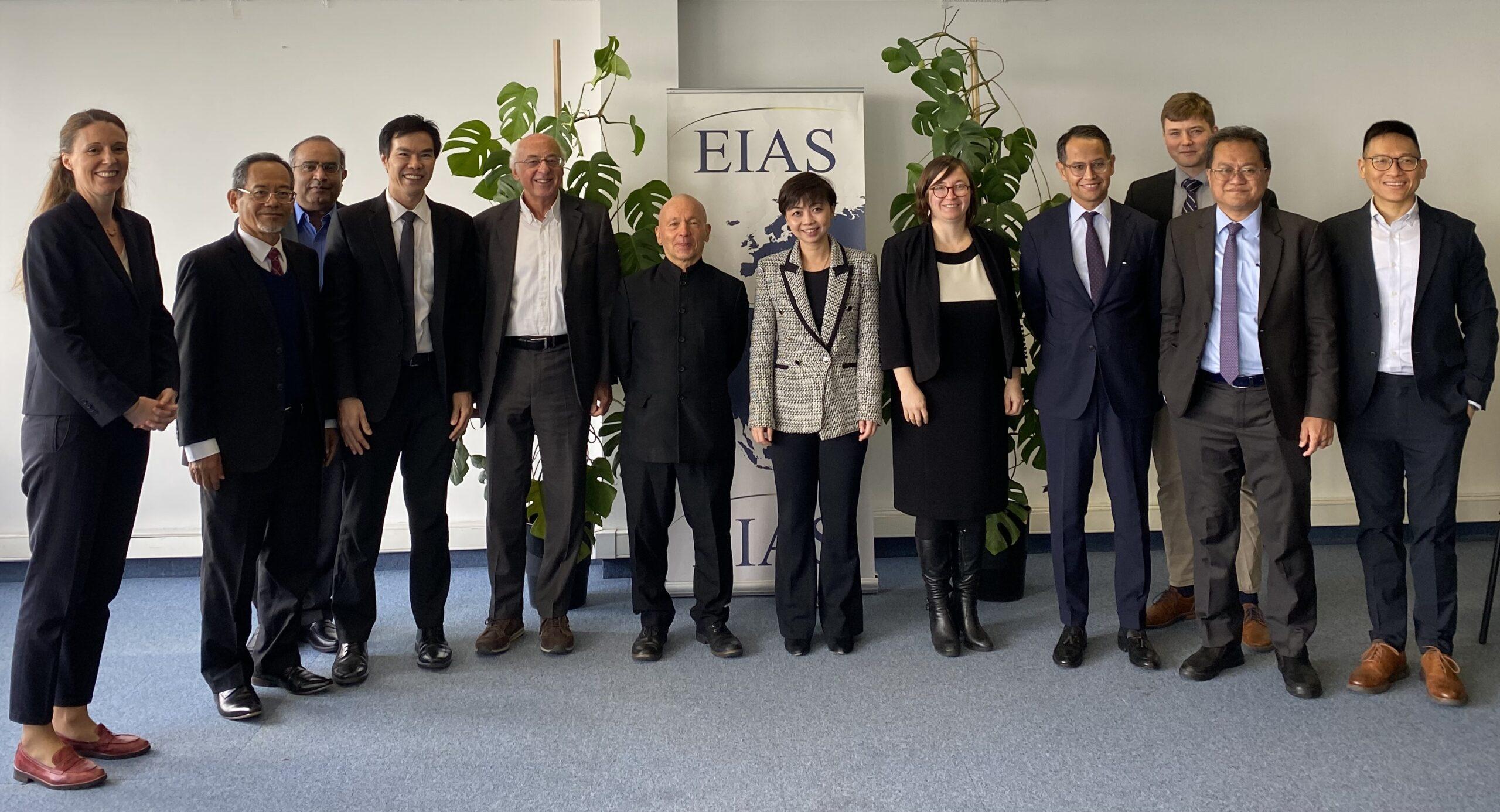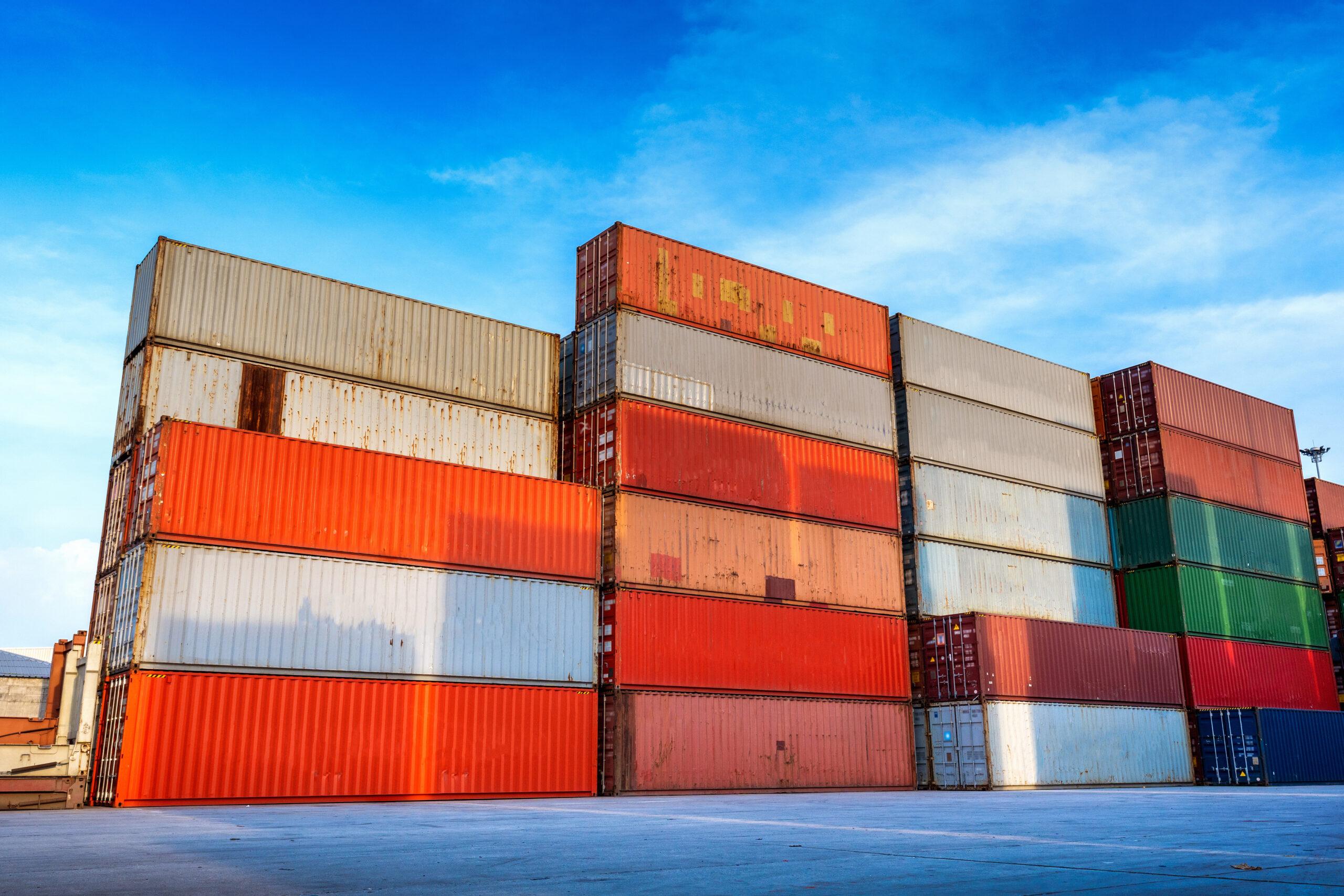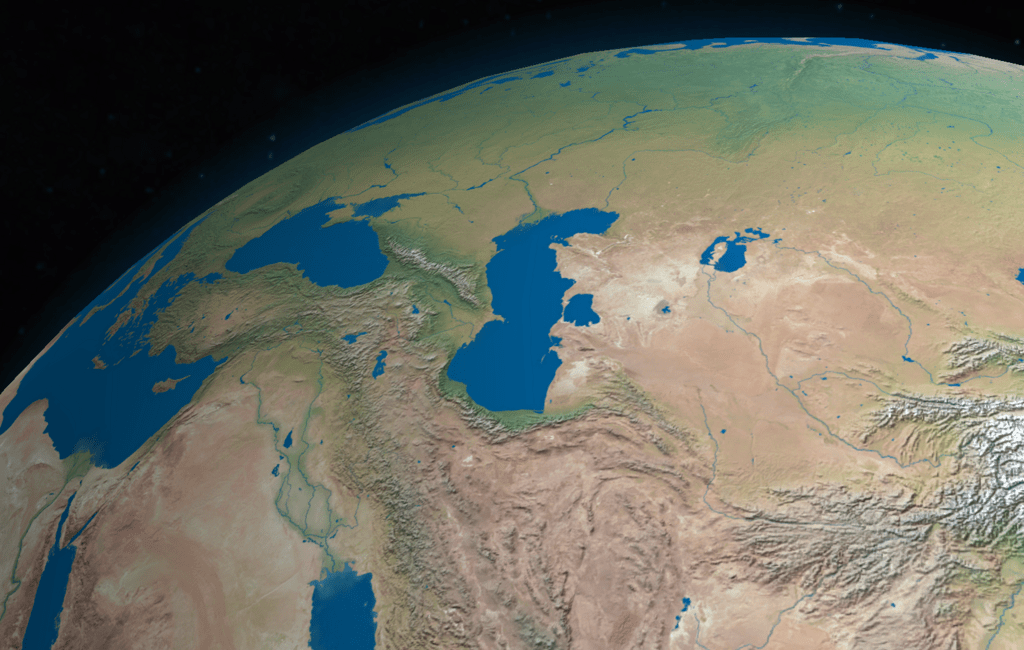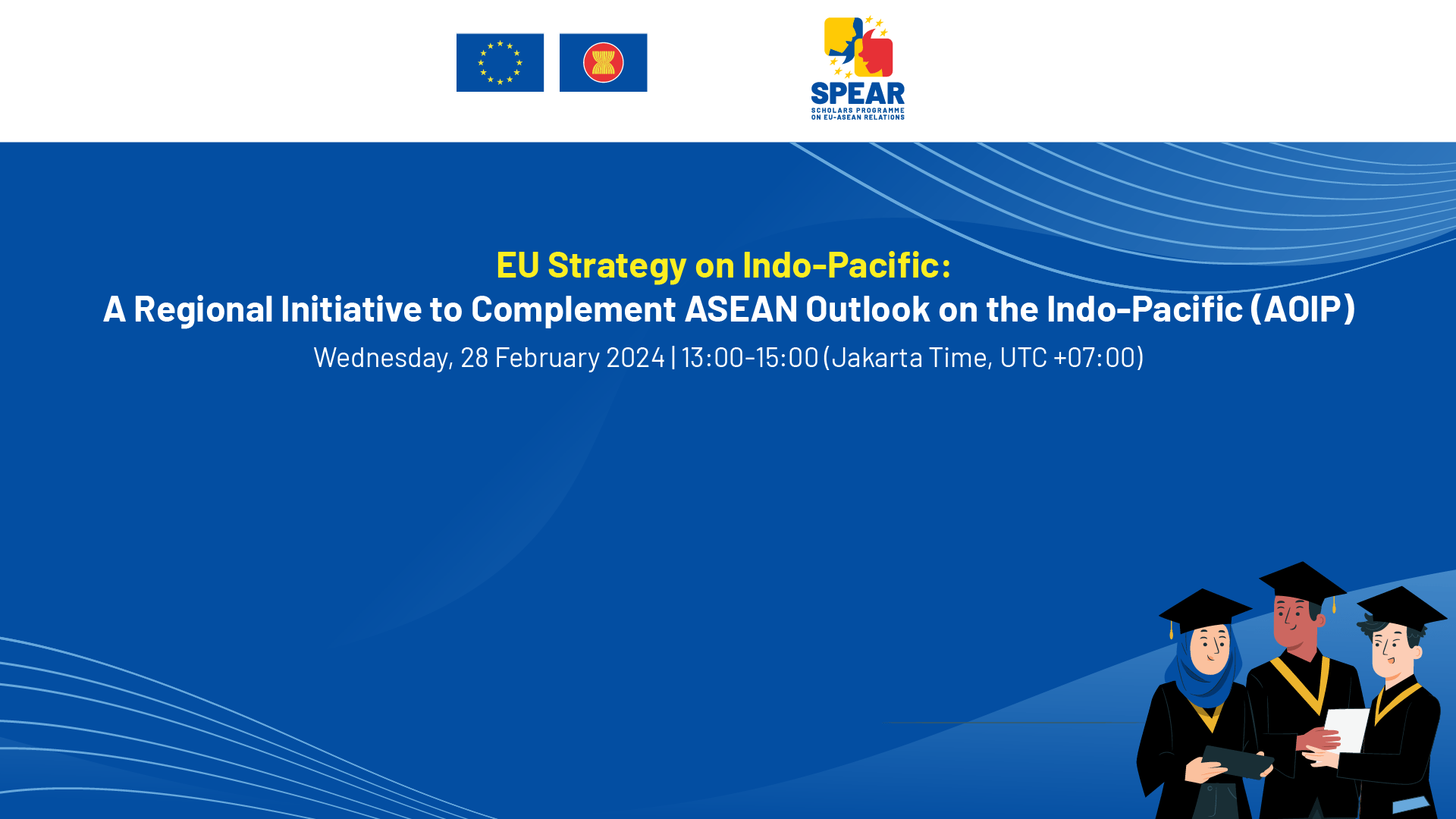
Discussion on EU-ASEAN Economic Relations
EIAS had the pleasure of hosting a delegation of high-ranking decision-makers and academics from six Southeast Asian countries (Cambodia, Indonesia, Malaysia, The Philippines, Thailand and Vietnam) invited to Brussels and Berlin by the Konrad Adenauer Foundation. At EIAS they were welcomed for a discussion on EU-ASEAN Economic Diversification Strategies and Enhanced Partnership Opportunities amid Great Power Dynamics on 23 April 2024.








